Summary
- Bards are versatile spellcasters ideal for extroverted players with influence and roleplay potential.
- Rogues excel at stealth, deceit, and combat, making them perfect for solitary players with backup.
- Monks are versatile fighters with unique abilities, ideal for virtuous players who enjoy hand-to-hand combat.
For all those trying to initiate themselves into the world of D&D, a recurrent issue could stop them from having fun: picking the best class to play. But fear not, this list reaches far and wide, in a quest to bring players the best advice on how to pick the most fun classes to play in Dungeons & Dragons.
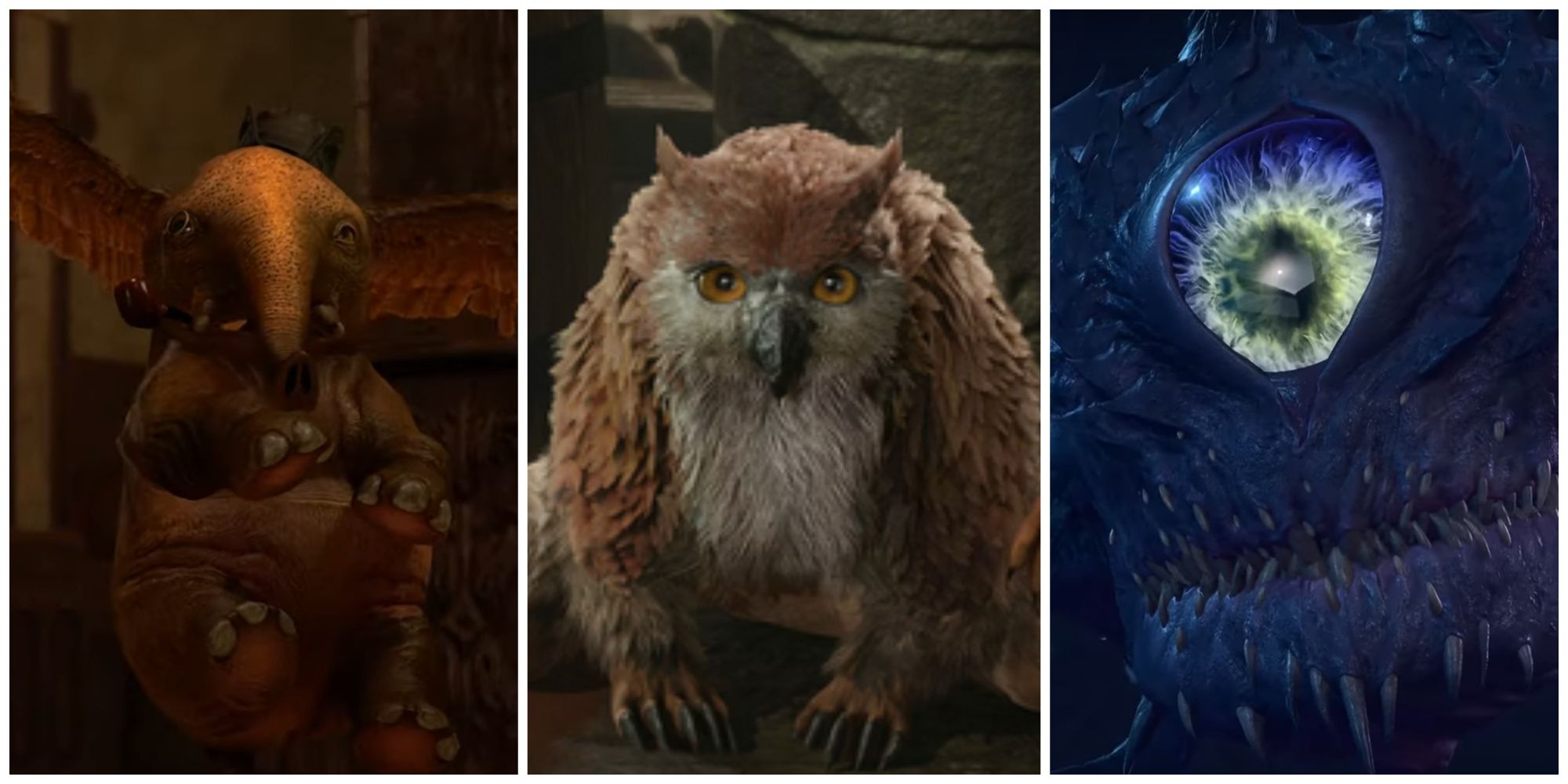
Related
10 Best Dungeons And Dragons Creatures Included In Baldur’s Gate 3
Many of Dungeons and Dragons’ iconic creatures have made it into Larian’s Baldur’s Gate 3. These creatures delighted players when they appeared.
This ranking will spotlight the most fun classes players can pick in any D&D campaign keeping in mind roleplay potential, mechanics, abilities, magic, and traits. It also analyzes some of the most fun things players can do with every class. Remember, the outcomes always depend on the dice, and don’t forget to consult with the DM and other party members before trying any of these.
8
Bard
“You Cannot Sing Your Way Out Of Trouble!” (Challenge Accepted)
- It can buff the entire party, cast spells, and influence the world through the use of wits and artistic performance.
- Second to none in roleplay potential.
- Ideal for extrovert players.
Bards are the most versatile class in Dungeons & Dragons since they can inspire their party members, use the power of their voice to spontaneously cast spells, and hurt the enemy with various sound-based spells like Vicious Mockery, or compel them to act against their will with Geas. Depending on the College the Bard hails from, it can also fight with Daggers, Swords, and other simple weapons.
But the most fun thing about the Bard doesn’t come from its ability to perform, or persuade, but the fact that he is charmingly dangerous, and can use wits to skillfully maneuver the party out of tricky situations. There are countless examples of how players can outsmart a scheming noble, sing a song to rouse the masses to instill a rebellion, or simply captivate the court with their magical voices to avoid the execution of a friend. And if things turn south and combat begins, Bards can inspire the group to allow them to perform at their best, or use spells to mend their wounds. They are truly jacks-of-all-trades and masters of the voice.
7
Rogue
“Now You See Me (Rolls The Dice) Now You Don’t”
- Magnificent scouts, infiltrators, and assassins
- Can deceive, steal, spy, disarm traps, and pick locks
- Ideal for players who prefer solitary work, but still know they have a backup plan (other party members).
Rogues are extremely agile and powerful combatants who also have a kit that grants them superiority in all matters related to stealthy work. While they cannot turn truly invisible (unless they have a spell, potion, or another special item) they can discretely make themselves unnoticed during combat, or remain in the shadows or hide in plain sight to infiltrate the enemy base.
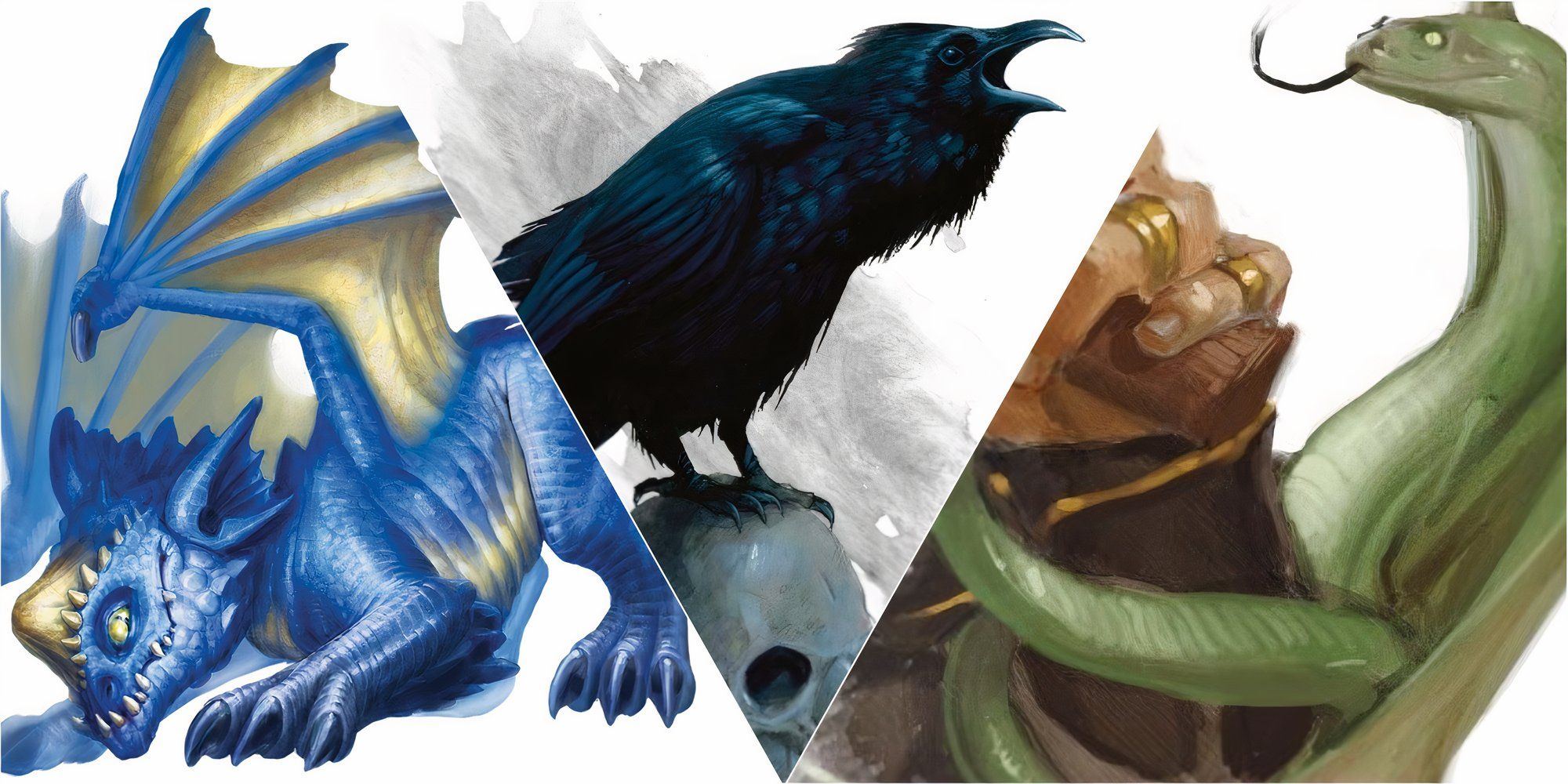
Related
Dungeons & Dragons: Best Creatures To Tame, Ranked
The following creatures are often worth taming during a Dungeons & Dragons play session.
Some specializations of the Rogue, like the Soulblade or the Arcane Trickster, also complement his skills with intrinsic magic abilities, turning them into a true menace and something really fun to play with. Other subclasses like the Assassin, prefer to work alone, coating their weapons in poison and delivering powerful critical blows to unaware targets. In certain circumstances, a good Rogue player can wipe an entire lair of enemies without the party having to intervene or eliminate a priority target like a dangerous evil wizard while he sleeps. But the most important thing about this class is its access to Sleight of Hand, which is used to disarm traps, open locks, plant dangerous evidence of corruption in the pocket of a pesky town guard, or even discretely poison a fellow party member.
6
Monk
“I Don’t Need A Weapon To Break You”
- Versatile Fighters that do not need too much equipment
- Specializations called ‘Ways’ grant them incredible abilities
- Ideal for virtuous players who do not like the Paladins’ way
Monks follow certain tenets or codes of conduct, and most of them are pacifists. But that doesn’t mean they will allow evildoers or other people to stomp over them for no reason at all. Monks are virtuous in their path of life, and they can be played by fans of all alignments. During the battle, they exhibit a dominion of hand-to-hand combat like no other class, and their fists and legs are their preferred weapons. Monks are users of the Chi, a vital energy that flows through all things and can be used to heal or shatter bones, depending on their circumstances.
Second to none in acrobatic prowess, Monks can also be good infiltrators, especially if they take the Way of Shadow, which is the equivalent of ninjutsu training in the D&D world. Other Ways also rely on weapons like Quarterstaff or Swords, and they can maim, paralyze, stun, or force their opponents to submission if they choose a more “peaceful” approach. They’re really fun to play, and players who enjoy upholding their ideals through roleplay will find in this class an interesting niche to explore.
5
Warlock
“He Is Not My Magical Sugar Daddy, He’s My Patron!”
- Versatile Spellcasters that never run out of options.
- Bound to a higher entity through a mutual agreement contract (sometimes).
- They have lots of roleplay potential as they need to obey their patron’s demands.
Warlocks are the most underestimated and shunned spellcaster class in Dungeons & Dragons, but that doesn’t make them any less powerful. Thanks to a Pact that grants them abilities that vary depending on the patron they choose and the type of agreement between them, they become regular mortals gifted with a part of the entity’s power. For example: a Pact of the Fiend Warlock has demonic-like abilities, while a Pact of the Archfey Warlock has abilities related to the fickle and charming nature of the Fae they’re bound to (unless it’s the Pale Prince, then they’re not charming at all).
But perhaps, one of the things that make Warlocks quite unique and powerful, is their Eldritch Blast unique Cantrip, which so happens to be the most powerful Cantrip of them all. This beam of powerful magical energy can be “upgraded” if the Warlock chooses the Pact of the Grimoire, and can be turned into a weapon of mass destruction if used correctly. The best part: they will never run out of spell slots, which makes a lot of other spellcasters grind their teeth in frustration. But players picking Warlocks do not have to worry about the envy of wizards and sorcerers, they are just there for the fun of it.
4
Barbarian
“I Enter Rage And Hit The Dragon’s Tail” (Famous Last Words)
- Resilient and brutal combatant that can use a wide array of weapons
- Uses the power of his primal fury to turn into a killing machine
- Ideal for players that just want to break things
Barbarians are containers of destructive rage, waiting to be unleashed upon the world. Players might want to pick this class if they enjoy battling until they are covered in blood from head to toe. The gameplay of the Barbarian class is pretty straightforward and some subclasses add some flavor to their core mechanics, like the Path of the Totem Warrior, or Path of the Berserker, but it’s pretty much an easy-to-use class.
Entering rage ignites the raw potential of these brutal warriors, and as long as they fight they enjoy a lot of benefits like increased hitpoints, damage reduction, and additional damage in their attacks. Barbarians are perfect for players who enjoy taking the initiative during battle, but not for those who like to roleplay in social environments, as they lack the needed Charisma to perform well. But that doesn’t stop players from playing wise barbarians, that know when to unleash their fury and know when to cool off. All things considered, there are players who also enjoy adding some extra quirks to their barbarian in the form of curses, or exotic races that make playing them a vertiginous (and dangerous) experience.
3
Paladin
“I Will Not Condone His Heinous Acts” (The Bard Wanted To Adopt A Demi-Lich)
- A natural leader can tank, heal, and wield divine magic to smite his foes
- A little restricted by their oaths
- Ideal for players who want to play justice bringers, or fallen knights
From all the “frontline” classes, the Paladin is the most notorious and versatile, offering a wide array of possible builds for those who enjoy playing with a divine warrior. His powers come from faith, or more precisely from the oaths they take and uphold throughout their adventures. Each oath has its tenets, and sticking to them is the way to play a Paladin unless they want to become Oathbreakers, knights in disgrace that are doomed to become twisted visages of what they once were.
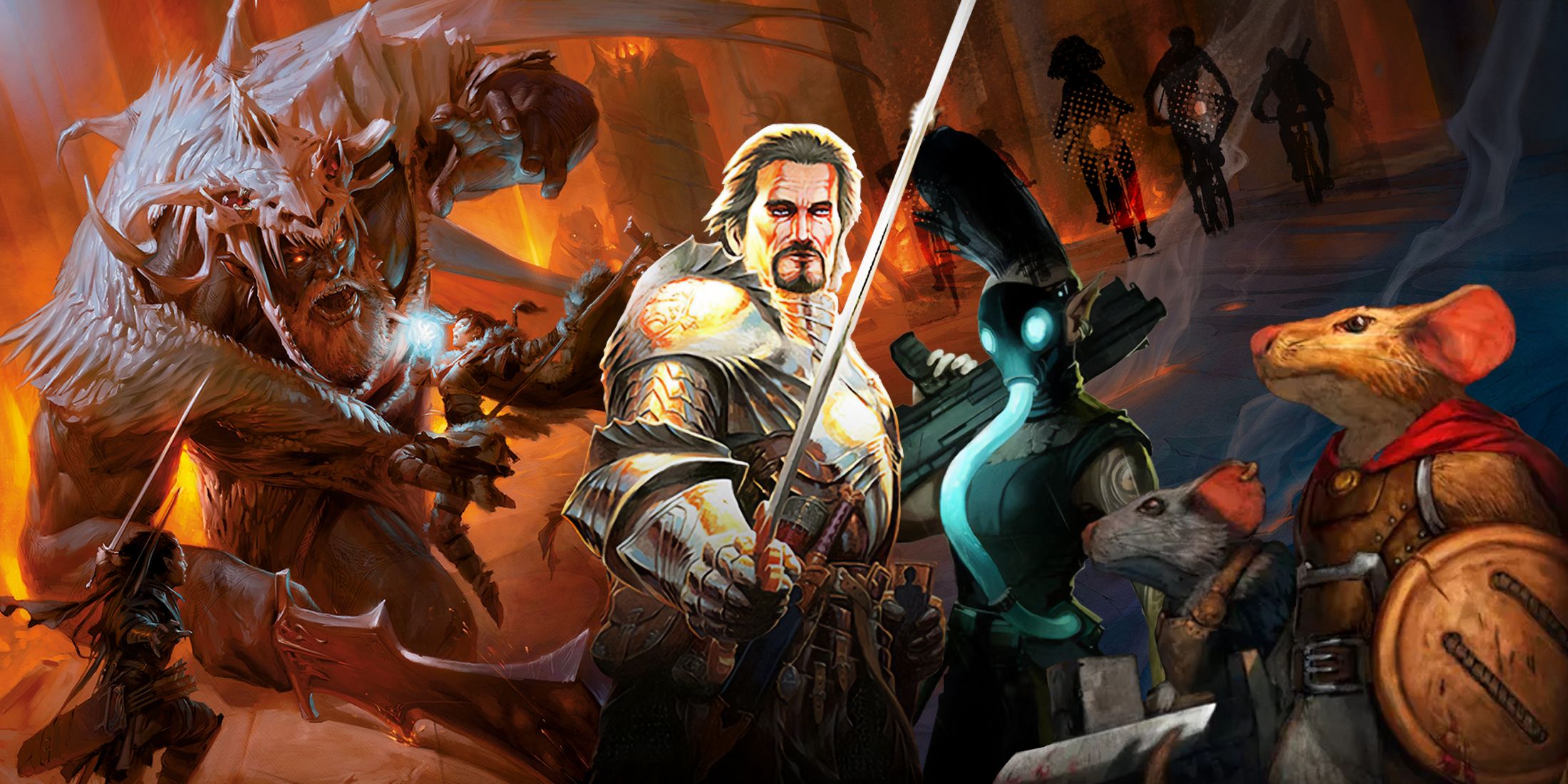
Related
Tabletop Games To Play If You Like Dungeons & Dragons
Dungeons and Dragons may be the most famous tabletop RPG, but these other games will also keep fans happy.
But no matter how players choose to roleplay this class, it has a lot of intriguing possibilities, especially since the Oaths bring a lot of powerful moral dilemmas and an extra layer of difficulty. Paladin players need to skillfully maneuver every choice to make sure it doesn’t break their oaths, and that’s a great source for roleplay material. On the other hand, those who enjoy doing evil even when they have a naturally righteous class have certain Oaths that adjust to their moral compass, preventing them from losing their powers. Or they can pre-arrange serving a Lawful Evil God, and uphold the ideals of tyranny, purity, and rule with an iron fist over the common folk. Really fun to play.
2
Druid
“So, You Say That Squirrel Is Spying On Us? Don’t Be Ridiculous!”
- Their potential for chaos is nearly unlimited
- Advanced spellcaster class with shape-shifting abilities
- Ideal for players who want to enjoy the company of animals instead of people
Druids have a knack for connecting with nature on a deep and magical level and are often seen as guardians of all that is green and the furry inhabitants of the world. They commune with the winds, the beasts, and the insects, and some even talk to the fungi and breed mushrooms in their own bodies. Druids are rare sights, but powerful enough to demand respect from every semi-intelligent being of the realms. They’re versatile spellcasters with access to many great spells, like Thorn Whip, Shape Water, Heat Metal, Shillelagh, and a fans’ favorite: Conjure animals. If players want to throw a swarm of angry bees at their opponents, they should think about picking this class.
As a Druid, players have the role of caretakers or protectors, but they can also become the perfect spies. Since they can shapeshift into vermin like roaches, flies, and moths, or small animals like squirrels, cats, and mice, they can infiltrate the enemy base and gather information, before returning to the party with the location of an important object or the lay of the land. Ultimately, it is up to the players how they play, but since they need to pick a Circle that determines the inherent skills they will gain, it would be better to consult a guide to get a hang of what this class can do beforehand.
1
Sorcerer
“So, Your Grandpa Is A Dragon. How Does That Work?”
- Has some of the best subclasses in the game
- Able to bend magic to their will
- Ideal for players who want a powerful spellcaster without having to study
Sorcerers are spellcasters with innate access to the arcane arts thanks to their powerful bloodline magic, and that’s basically the gist of it: their magic is not learned, nor lent by a higher entity, it comes naturally from their inheritance. Some sorcerers are descendants of dragons, others have Feywild blood raging through their veins, and others are the offspring of demi-gods like Lurue. The thing is that at some point in their lineage, some of their ancestors mingled with a transcendental being or a shapeshifted dragon, and that resulted in a lineage of people with a free pass to magic.
Sorcerers wake the ire and envy of most wizards and warlocks, since they feel cheated (wizards have to study, warlocks need to sell their souls) but that’s just another one of their charms. And speaking about charm, their main Attribute for spellcasting is Charisma, so they can also play the role of leaders and “the face of the party,” which gives them an extra layer of flavor to their already powerful kit. Then, depending on their lineage, they get access to powerful Meta Magic and special abilities. The heirs of dragons might develop draconic features such as wings and the ability to breathe acid, fire, or ice. Heirs of demi-gods/archfey like Lurue are naturally charming and they get access to mind-bending abilities. Then there’s Wild Magic, the most fun-to-play subclass in all the PhB, but needless to say: it’s pure chaos that can end up pretty badly depending on the player’s luck.
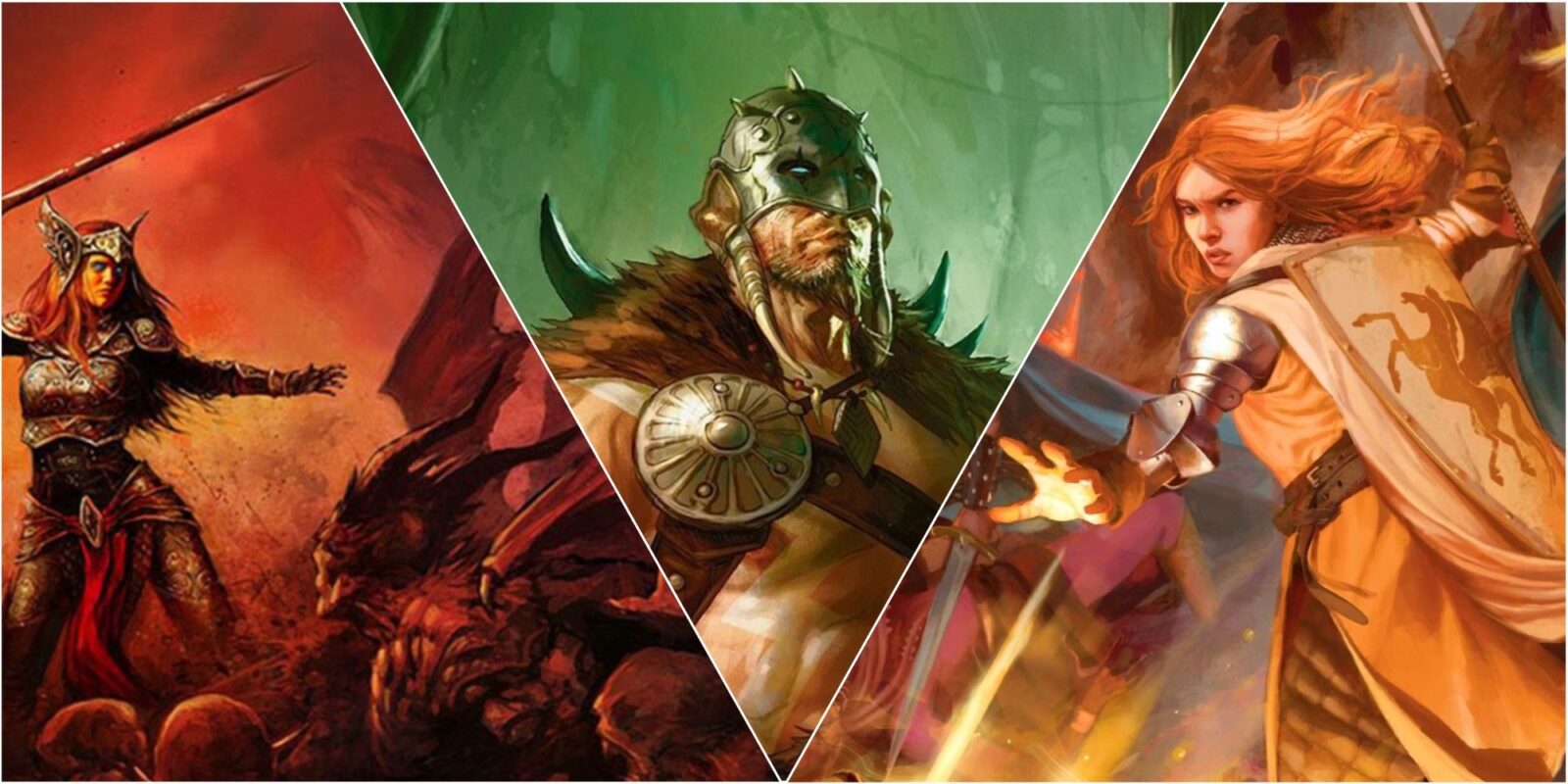
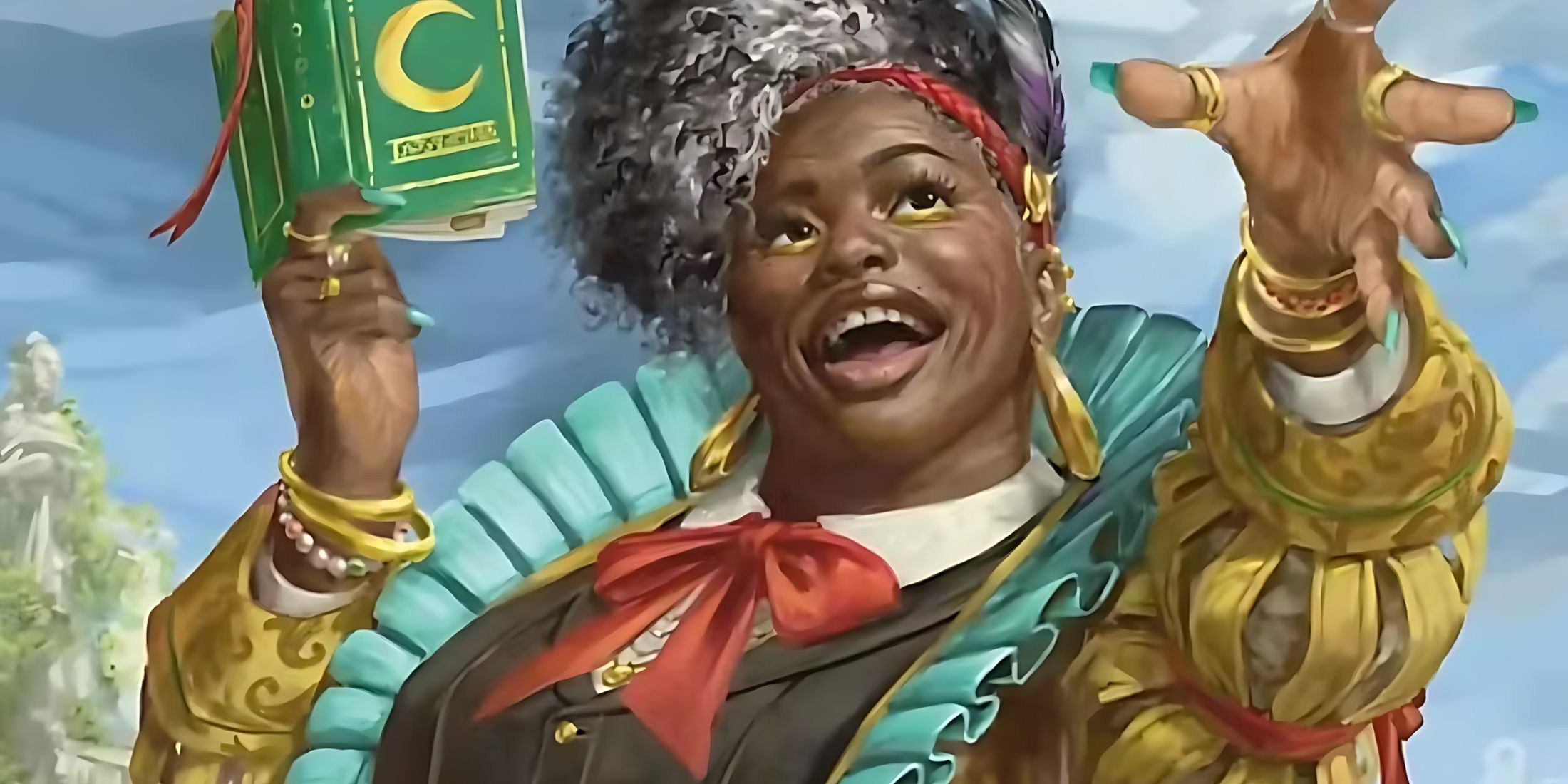
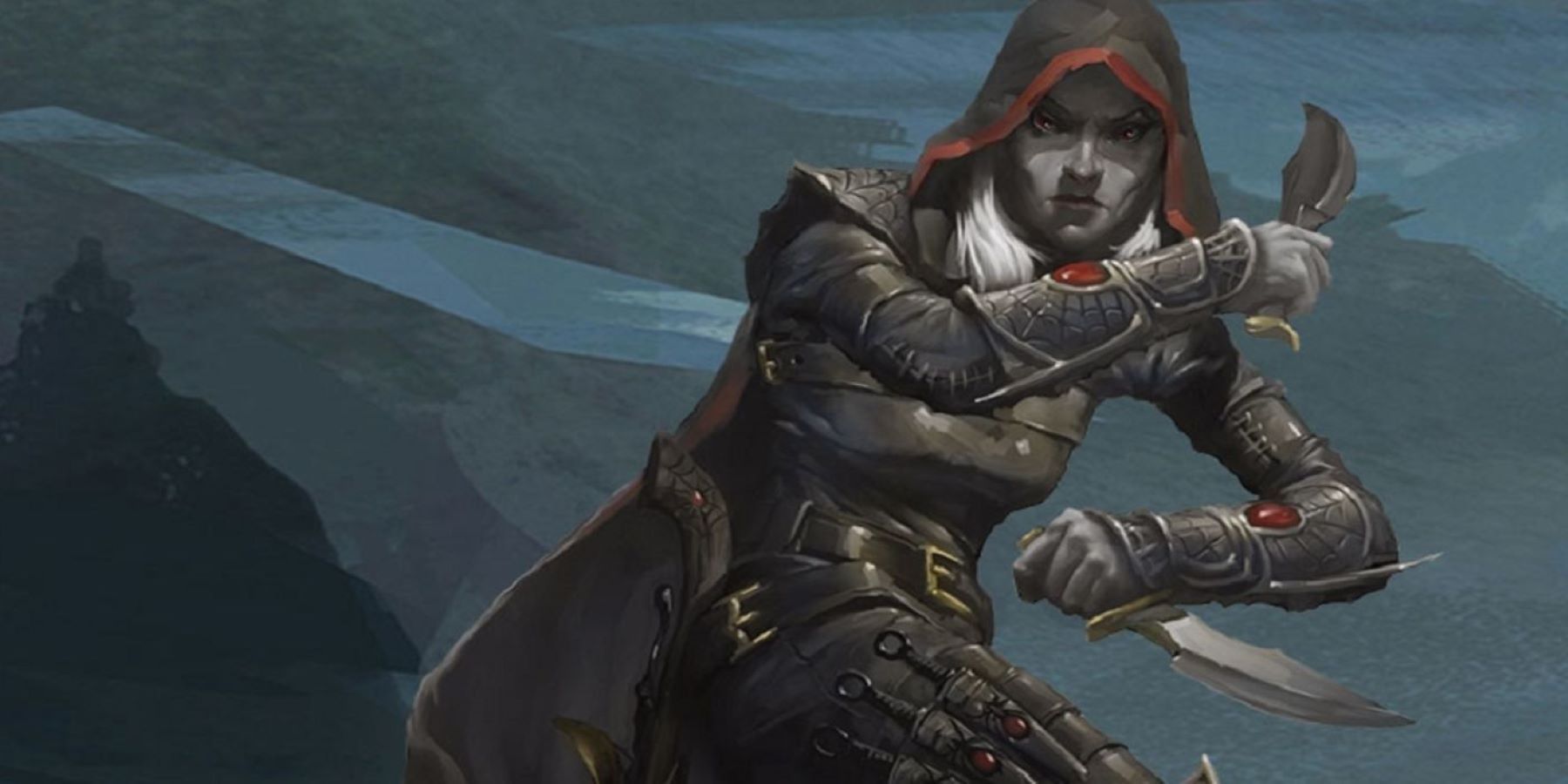
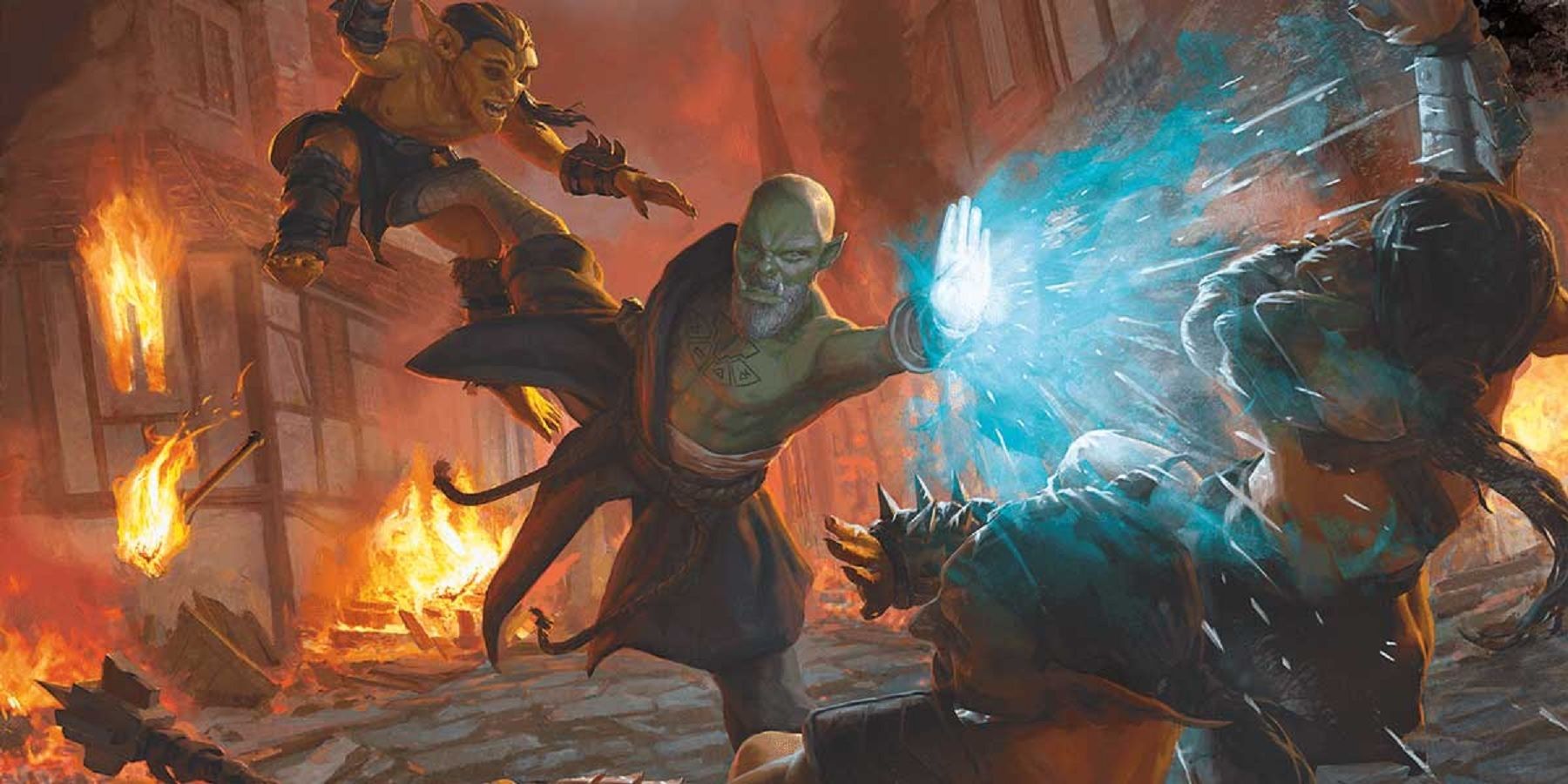
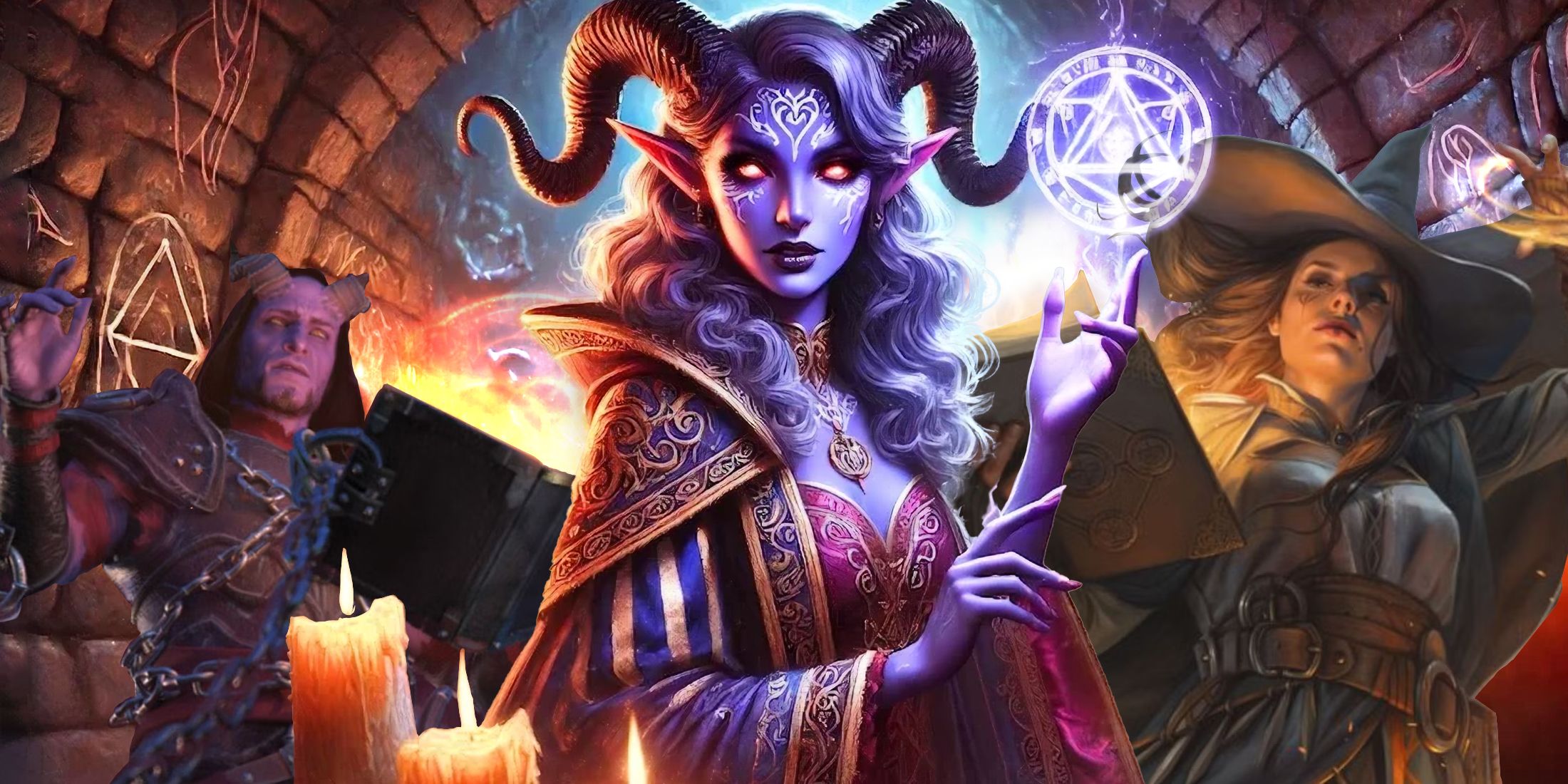
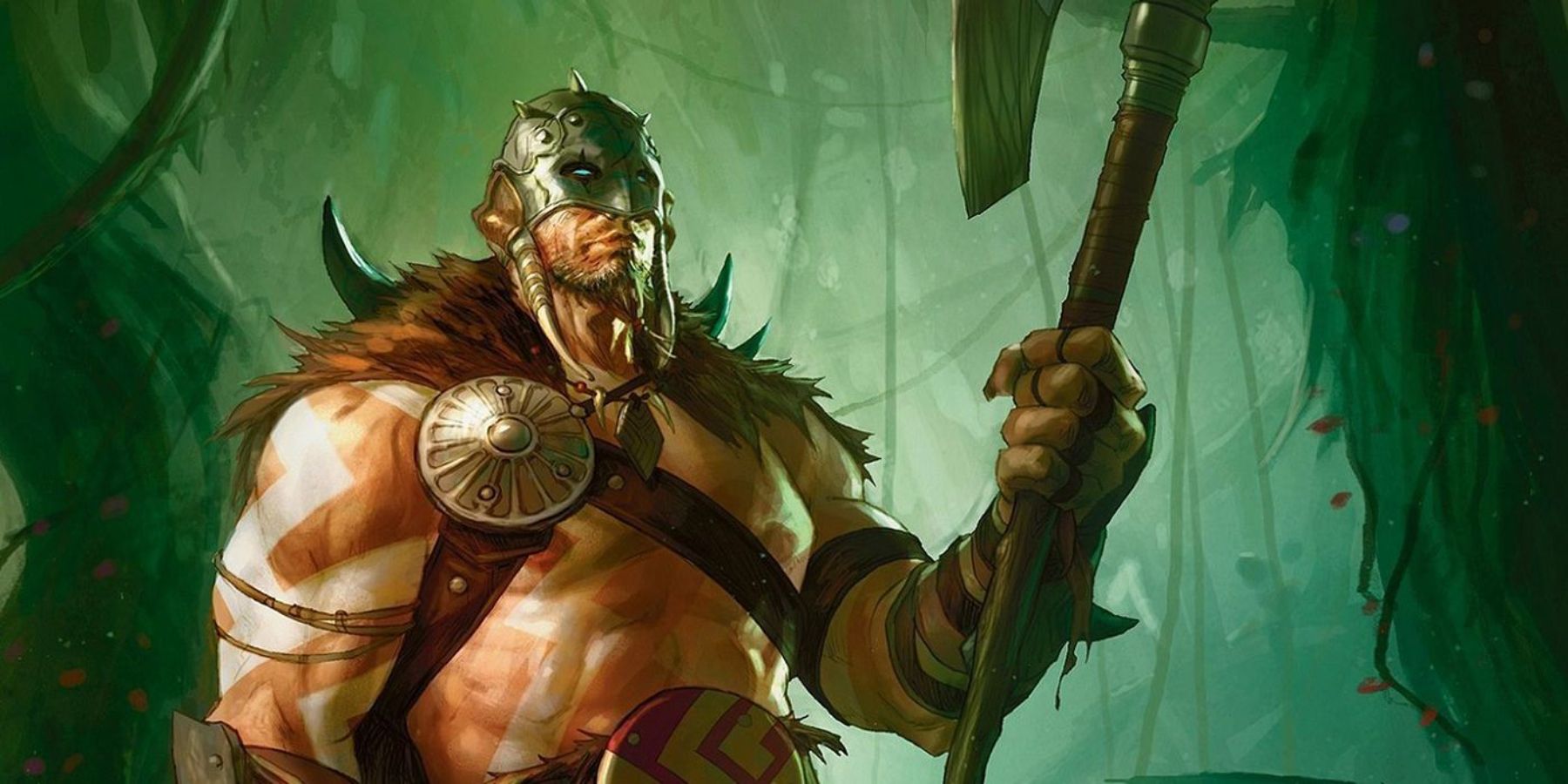
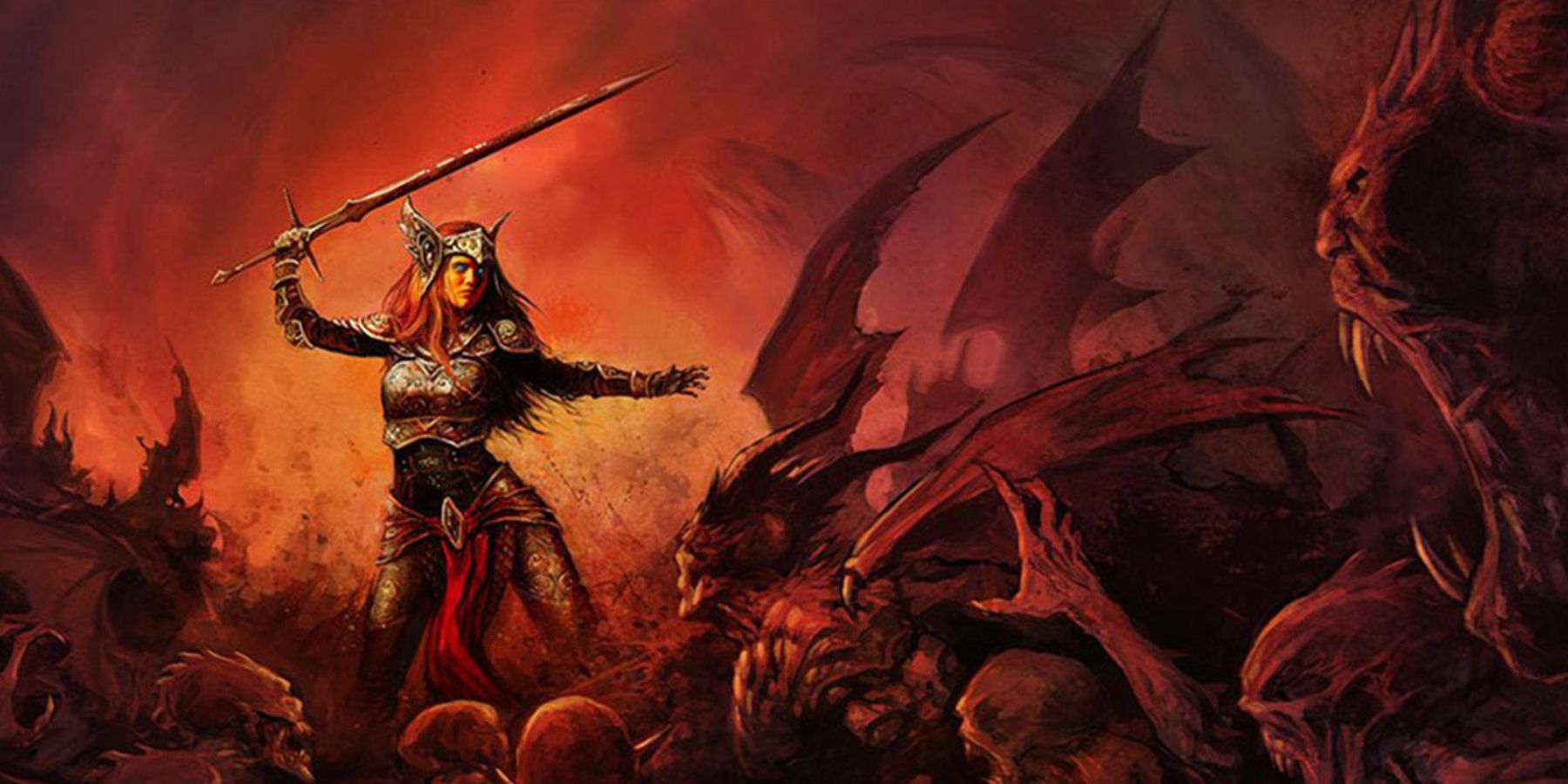
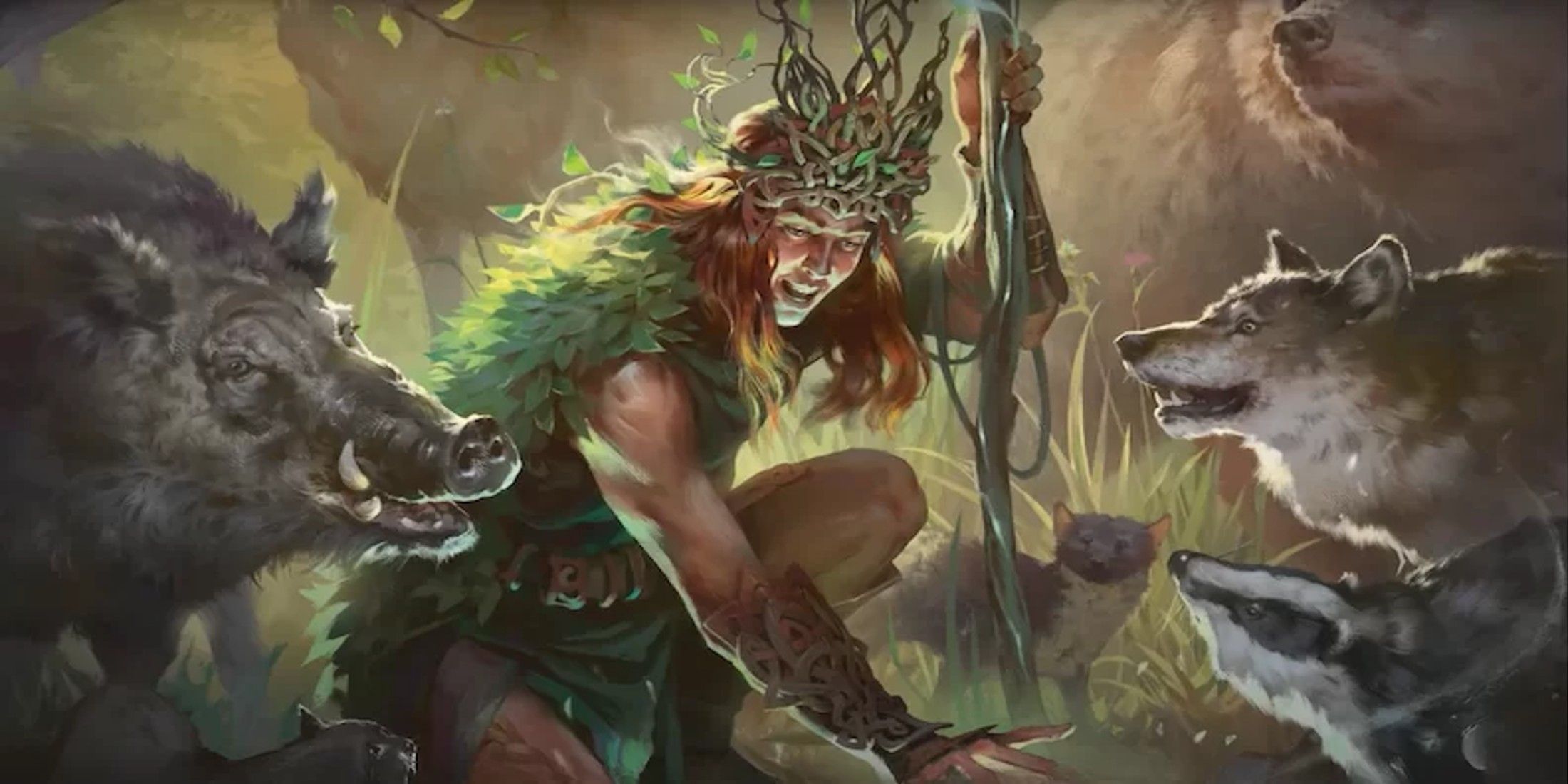
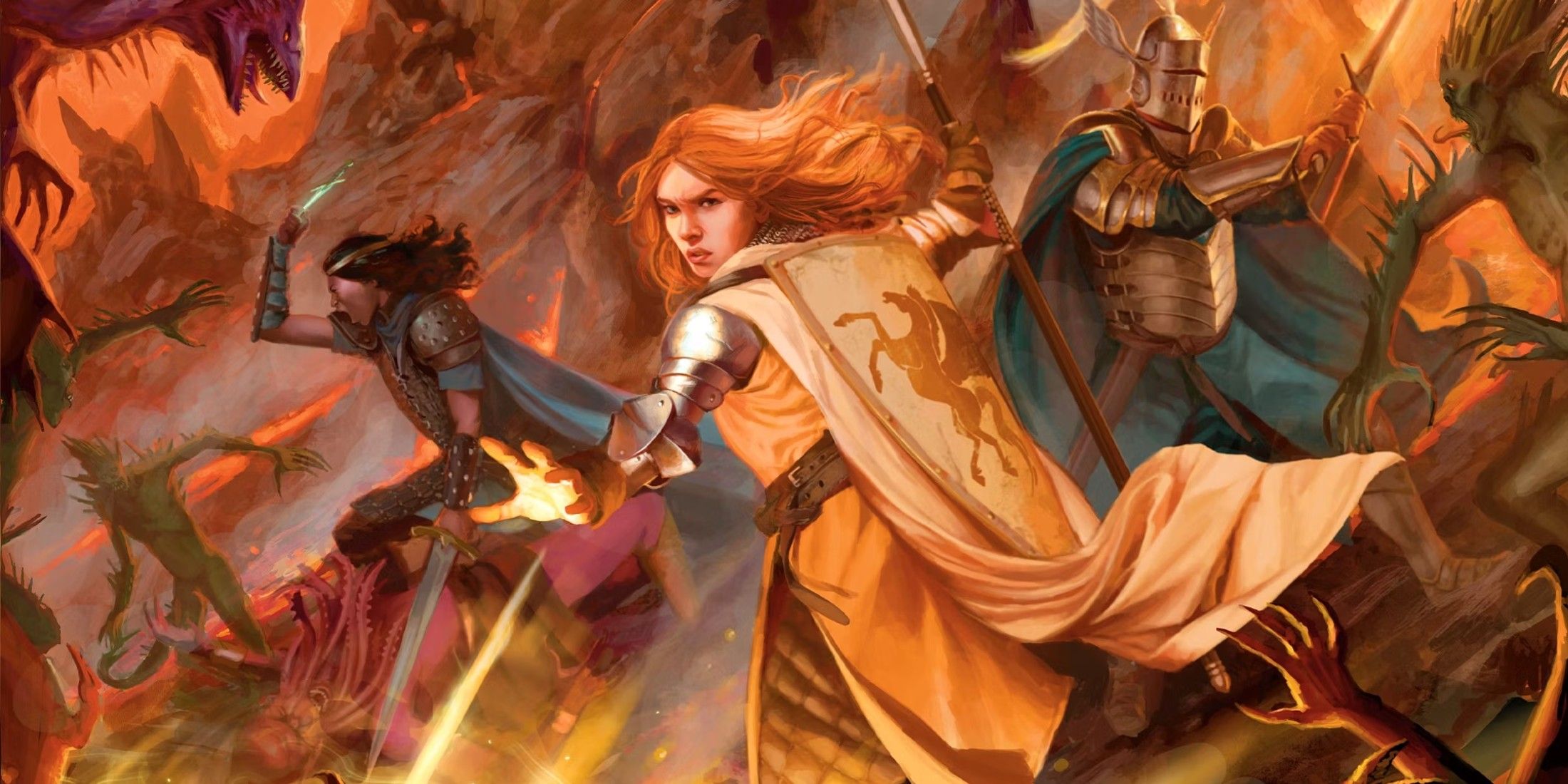
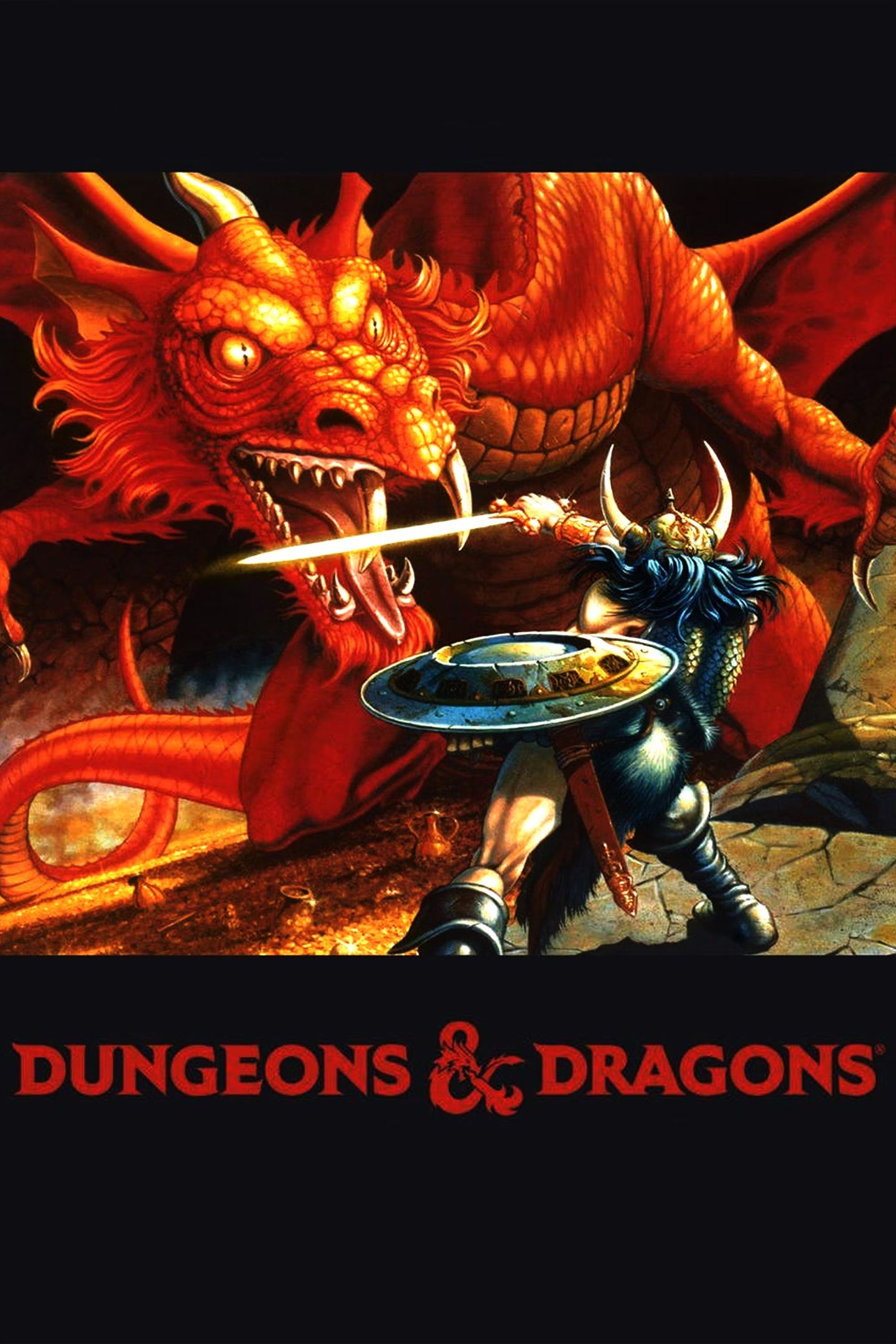
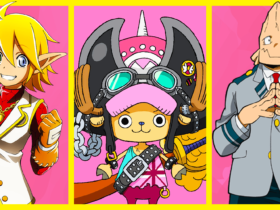

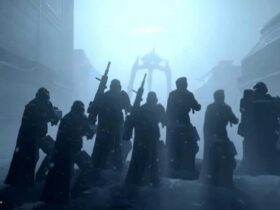

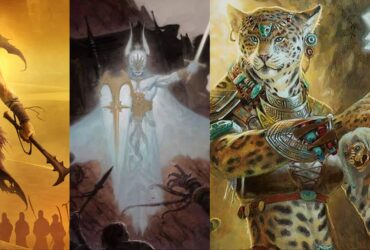
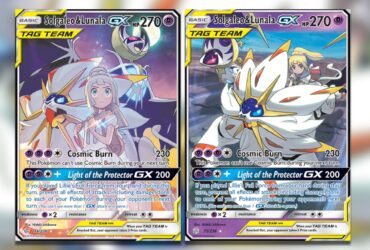
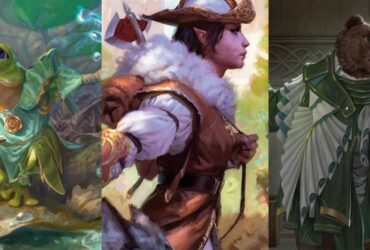
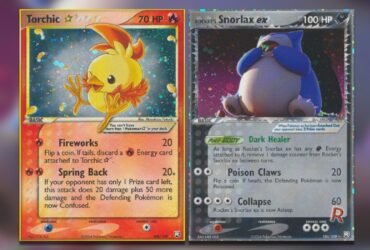
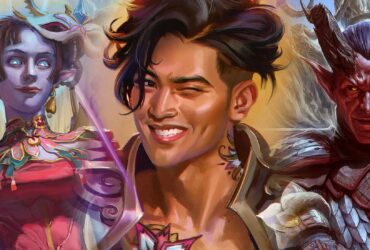
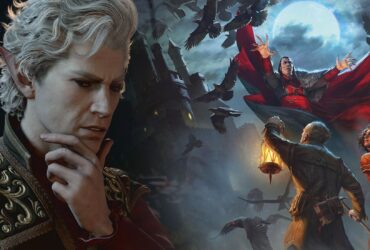
Leave a Reply